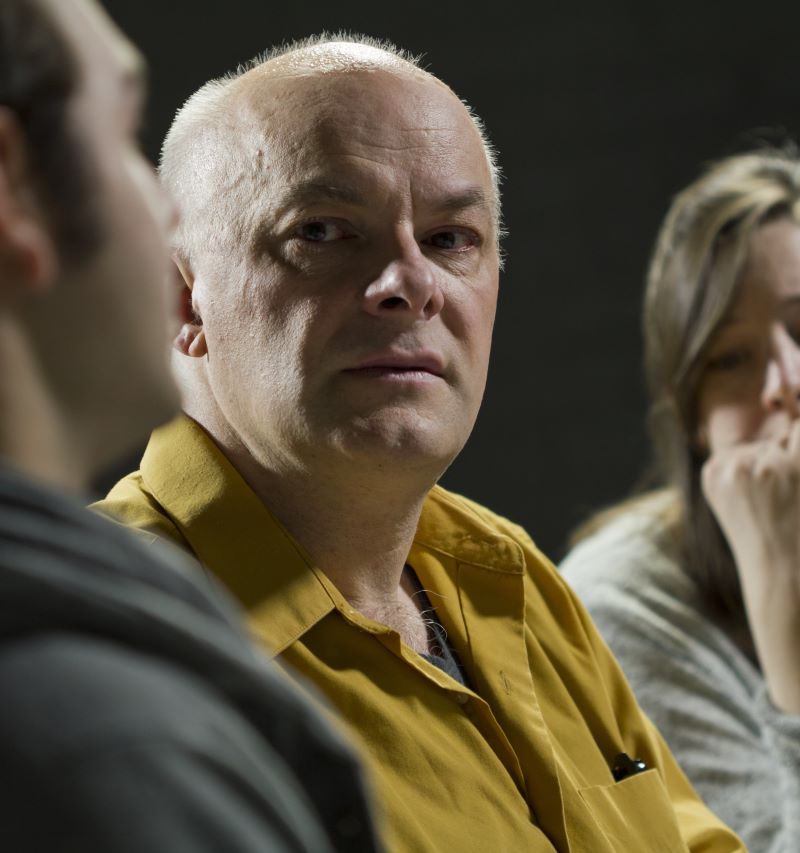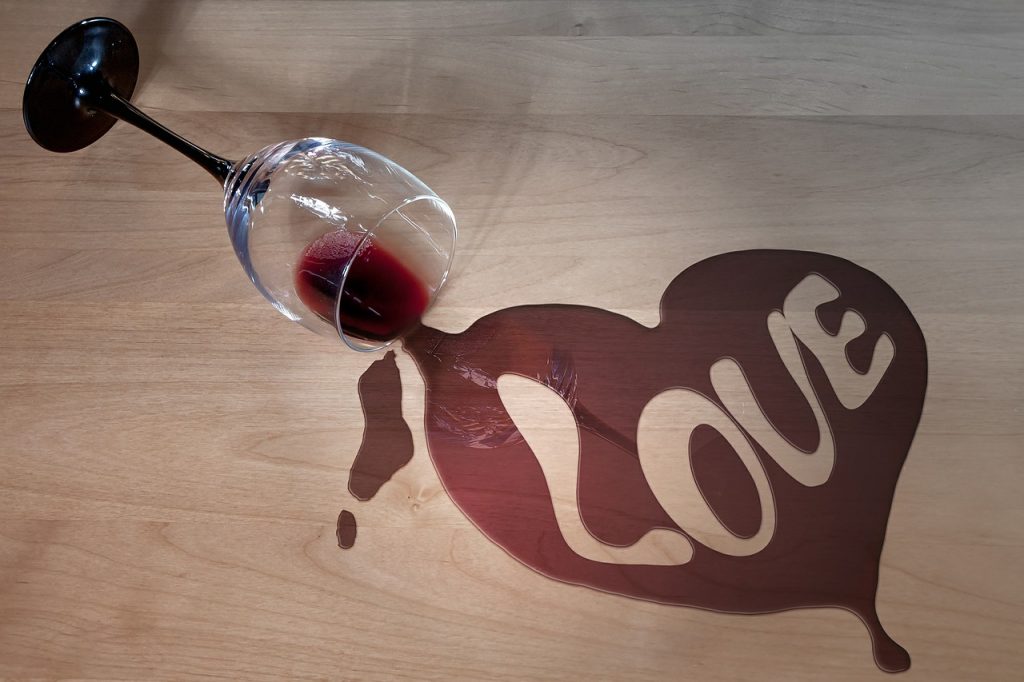Alcohol Addiction
Beat your Alcohol Addiction
Struggling with Alcohol Addiction?
Sometimes in life, alcohol can gain a bit too much control over us. How did your issue start to present itself?
- An extra glass of wine before dinner?
- A bottle after dinner?
- A few beers with friends after work?
- A drink every day?
It is different for everyone.
For whatever reason you drink alcohol, I will help you release that urge, craving or need, so that you can change your habits and behaviour.
I will help you understand why alcohol has become a problem and identify the root causes. I will help you re-examine your lifestyle, lead to better coping strategies and allow you to create a different attitude towards alcohol.
YOU will regain CONTROL of your drinking and alcohol consumption and reduce the intense hold it has over you.
An addiction can operate on a physical or a mental plane. Elements of both exist in most cases.
Alcohol abuse is primarily a physical addiction – it literally enters the body and changes the way it operates.
Until recently, very little was known about how the brain could just turn off the desire for alcohol and how the subconscious mind could stop the addictive urges.
We now have a greater understanding of the science of how the brain works, how the subconscious mind controls our life and how to change it for good, especially for alcohol addiction issues.

Conventional 12-Step
Treatment programmes
Weakness of a 12 Step Programme
When a person conquers an addiction, they need to be something other than an “addict in recovery” for the rest of their life. The major weakness of 12-step programmes is that they actually force you to keep the “addict” or “alcoholic” identity for life. Seeing oneself as powerless is a mind-bogglingly misguided concept. This belief is exactly the opposite of what the mind needs to end a habit, addiction or compulsive behaviour.
Addict for life?
Are you an addict for life? Calling yourself an alcoholic is a constant reinforcement of your weakness. I believe that the repetition of the statement increases one’s susceptibility to relapse.
When somebody says, “I’m John and I am an alcoholic”, it forces his mind to find all of the weakness and fear involved in identifying himself as an “addict.” The repetition over the years reinforces this belief. The negative memories and connections in his brain are constantly ignited by the repetition.
My Techniques
I use techniques that are specifically created to change the triggers in the brain, stop self-sabotage issues, release trauma and redirect the neural networks in the brain. When applying these same processes to clients who need alcohol addiction help, their addictive behaviours frequently stop and their fear of relapse disappears.
My Approach
My therapy involves changing the identity and beliefs that are causing the problem and creating a new belief about who the client is now.
Miraculous things happen when applied to an addictive client. It is so effective because it changes your deepest beliefs about who you are.
If you are a chronic alcohol misuser, you will have a deep and powerful memory bank of failure, fears and hopelessness. Changing the way the brain reacts to these memories actually stops the cravings and the desire for alcohol.
In therapy, instead of telling you what you are not, I implant an identity of who you are and who you want to be. We create a positive identity of being healthy, in control, powerful and free from addiction.
In order to overcome alcohol addiction, you need to surround yourself with positive beliefs about being healthy, remove the “in the genes“ theory and have the power to stay strong and in control.
My therapy works by changing and removing deep-seated beliefs about your addiction.
With the old alcohol addictive beliefs and triggers released, we can then create a new belief and a new healthy identity. By meeting one’s healthy future self, it reinforces and changes the way one’s brain reacts to alcohol memories and triggers. You are no longer reliant or an addict, but a person who is strong, healthy and in control. You can begin to experience living a life that gives you the rewards and accomplishments that are needed to stay clean and sober.
We know that the brain is constantly changing. The neuroplasticity of the brain allows us to create new neural connections by instigating rapid intervention treatments. By breaking the old neuro-connections, we can actually re-wire the response that the subconscious mind has to the sight, smell or thought of alcohol – forcing the mind to trigger an entirely new feeling and behaviour. Subsequently when the client is exposed to any of the old addictive triggers, the brain doesn’t automatically respond in the old way because it feels stronger and healthier. The very thing that used to cause cravings and relapse now actually reinforces the commitment to not continue with the addictive behaviour.
When you are seeing, feeling and experiencing yourself having a healthy life that is free from addiction, and experiencing yourself as having long ago put addiction in the past, your brain creates a new memory. You are actually growing new neural pathways. These neural networks get wired together to make the new reactions very real.
A client who succeeded in controlling his excessive drinking said that now, when he is in the drink section of the supermarket, he feels overwhelming euphoria. The sight of all that alcohol reminds him of the feelings of freedom and happiness, having escaped from the destructive patterns of his old drinking habit. No cravings, just happiness and reinforcement of his decision.
We all know about the power of the subconscious mind. Phobia fear evokes triggers that are out of one’s conscious control, resulting in heightened anxiety states. The same thing happens with drink issues and alcohol addiction.
If you are struggling to obtain a stable recovery in 12-step groups, ask yourself: Do 12-step groups programme you to fail? When you repeatedly go to meetings, your subconscious mind is programmed to be powerless in the face of alcohol and to believe that you have an incurable disease. You listen to stories of struggle and you are told that you should fear relapse. This makes no sense.
My work with both alcohol addiction and alcohol reduction therapy has achieved some truly marvellous results with clients. Clients have regained control over alcohol, become empowered, changed their lives, increased their self-belief, self-esteem and confidence.
Other clients have sought to reduce their alcohol consumption, and to use it in moderation once again, removing alcohol as a crutch. Once the feeling of control has been achieved, many of these clients have gone on to choose sobriety, as they appreciate the positive and beneficial impact on their lives.


